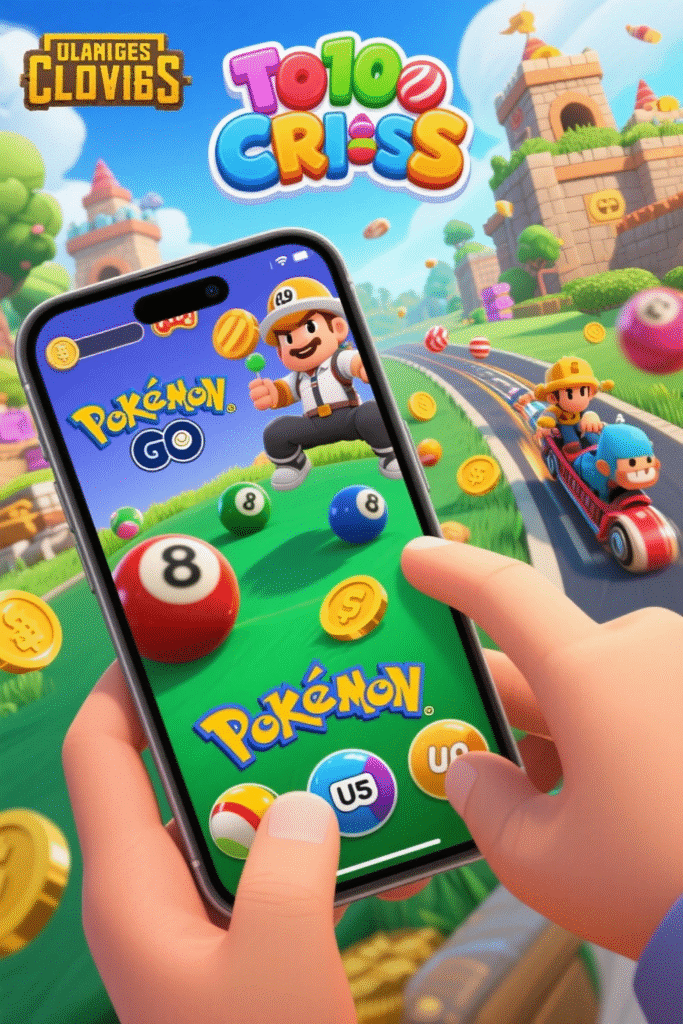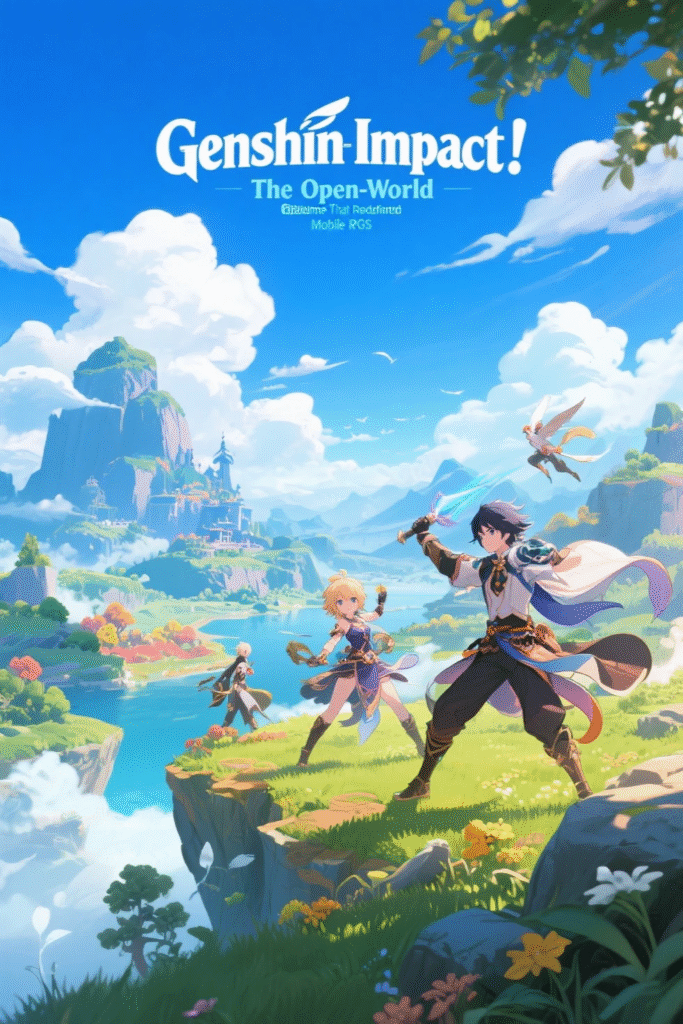By Bizbuzzup
Introduction
Video games have come a long way since the pixelated days of Pong. What started as a simple bouncing dot on a screen has transformed into immersive, hyper-realistic worlds powered by AI and virtual reality. With over 3 billion gamers globally in 2025, gaming has become one of the most powerful and influential industries in entertainment. This article takes you on a journey through the evolution of video games, showcasing key milestones, innovations, and how technology has shaped the way we play.
The Birth of Gaming: 1970s–1980s
The gaming era began with arcade cabinets and consoles that laid the foundation of modern gaming.
- 1972: Pong – Developed by Atari, Pong was the first commercially successful video game.
- 1980: Pac-Man – With its bright colors and simple mechanics, it became a cultural phenomenon.
- 1983: The Video Game Crash – Due to market saturation and poor-quality games, the industry crashed—until Nintendo revived it.
Notable Consoles:
- Atari 2600
- Nintendo Entertainment System (NES)
These early devices introduced side-scrollers, platformers, and the birth of iconic characters like Mario and Donkey Kong.
The 16-Bit Era and the Console Wars: 1990s
This was the golden age of gaming with more powerful hardware and storytelling.
- Sega Genesis vs. Super Nintendo sparked the first console war.
- The rise of RPGs like Final Fantasy and The Legend of Zelda introduced deep narratives and character development.
- 3D Graphics emerge with titles like Super Mario 64 and Tomb Raider.
- This era also saw the beginning of portable gaming with the Game Boy, making it possible to play anywhere, anytime.
The Internet and Online Gaming: 2000s
As broadband internet became widespread, online multiplayer gaming exploded.
- Halo 2 (2004) introduced millions to competitive online play on Xbox Live.
- World of Warcraft (2004) brought MMORPGs to the mainstream.
- Steam (2003) revolutionized PC game distribution.
Gamers could now play, chat, and compete globally, forming online communities that transcended borders.
HD Graphics and Mobile Gaming: 2010s
This decade witnessed the mainstreaming of gaming:
- Graphics hit cinematic levels with engines like Unreal Engine 4.
- eSports rise with titles like League of Legends and Counter-Strike: GO, now watched by millions.
- Mobile gaming dominates – Games like Candy Crush and Clash of Clans generated billions in revenue.
- In 2017, Fortnite became a cultural icon, blending battle royale gameplay with social experiences.
Virtual Reality and Beyond: 2020s
The current era is defined by immersive technologies and hyper-interactivity:
- Virtual Reality (VR): Oculus Quest and PlayStation VR allow players to step inside the game world.
- Augmented Reality (AR): Pokémon GO redefined outdoor gaming by blending real and virtual worlds.
- Cloud Gaming: Platforms like Google Stadia and Xbox Cloud allow AAA games on any device without downloads.
- AI-Powered NPCs: Games now feature dynamic characters that learn and adapt based on player actions.
Gaming is no longer just a pastime—it’s an experience.
Key Trends Shaping the Future
- Cross-platform Play: Gamers on consoles, PC, and mobile can play together.
- Metaverse Integration: Games like Roblox and Decentraland blur the lines between gaming and virtual society.
- Blockchain Gaming: NFTs and crypto economies are creating new models of ownership and play-to-earn structures.
- Accessibility Innovation: Games are becoming more inclusive with adaptive controls and diverse storytelling.
The Cultural Impact of Video Games
Video games are no longer “just for kids.” They’ve influenced:
- Film and music: e.g., The Last of Us, Cyberpunk 2077
- Education and therapy: VR simulations for learning or PTSD treatment
- Social interaction: Platforms like Discord foster communities and friendships
They’re now a core pillar of modern culture.
Final Thoughts
From Pong to photorealistic VR, the evolution of video games mirrors the evolution of technology itself. What was once a niche hobby is now a global entertainment giant that touches art, science, education, and culture. As new tech like AI and the metaverse emerge, one thing is certain: gaming will continue to evolve—and captivate.
By Bizbuzzup








